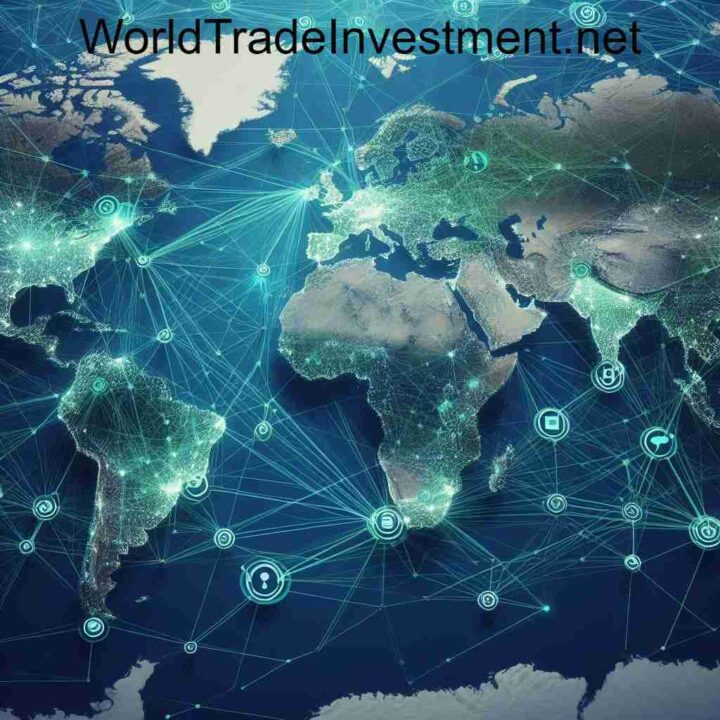Trade and investment policies have a substantial impact on innovation and technological progress at the global level. Here’s how they contribute:

- Intellectual Property Protection: Strong intellectual property protection is a cornerstone of global trade agreements. It encourages innovation by ensuring that creators and inventors can profit from their work, thereby motivating investment in research and development.
- Market Access: Trade policies that facilitate market access for foreign goods and services foster competition. This competition, in turn, drives companies to innovate to gain a competitive edge.
- Innovation Clusters: Investment policies that encourage the clustering of innovative industries and businesses can result in knowledge spillovers and the rapid diffusion of new technologies.
- Global Collaboration: International investment policies that encourage foreign direct investment and partnerships between countries can facilitate technology transfer and collaborative innovation.
- Incentives and Tax Policies: Some governments offer incentives and tax policies that encourage innovation, such as research and development tax credits. These can be particularly attractive to multinational companies making investment decisions.
Companies and policymakers can proactively engage in discussions and decisions related to trade and investment policies that promote innovation and technological progress. Businesses should explore opportunities to collaborate globally and leverage incentives provided by governments to fuel innovation. Keeping a close eye on emerging trade and investment policy changes is essential for those looking to innovate on a global scale.
In conclusion, understanding the intricate dynamics of foreign direct investment, the influence of geopolitical tensions on global business, the role of sustainability in international trade, and the impact of currency exchange rate fluctuations on investment strategies is vital for informed decision-making. Likewise, recognizing the unique challenges and opportunities that SMEs face in global trade and how trade and investment policies can foster innovation are critical for navigating the complexities of the modern global economy. Whether you are a business leader, investor, or policymaker, these factors should inform your strategic thinking in an increasingly interconnected world.




